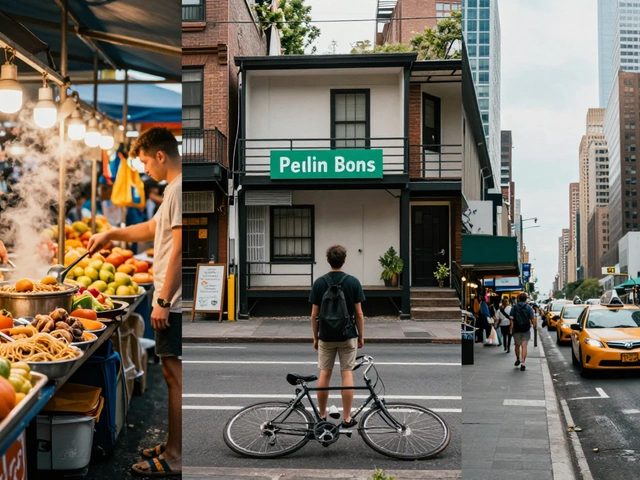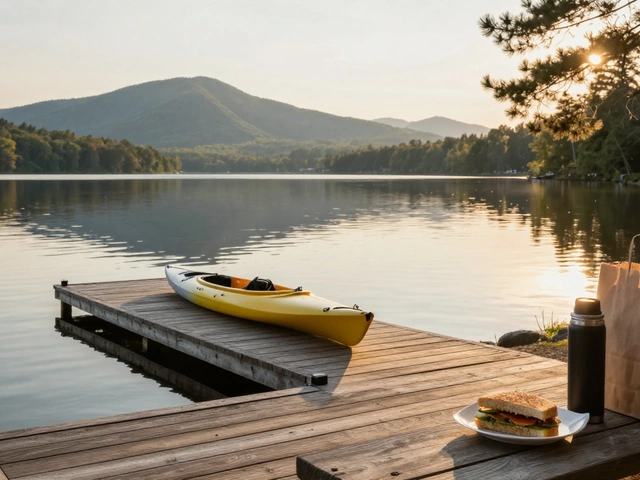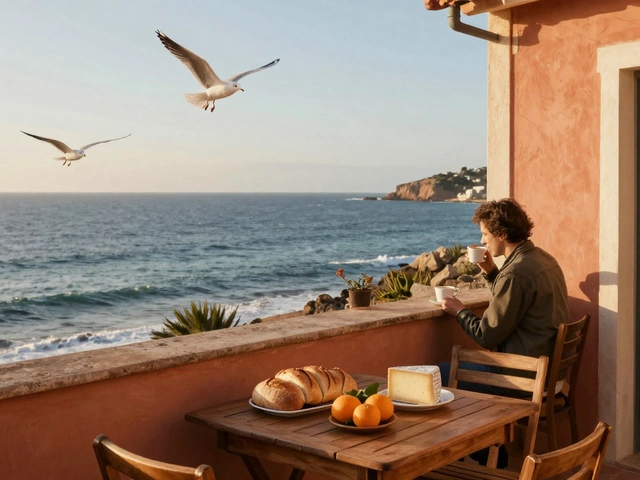Social Norms in Travel: What’s Expected on Caribbean Trips
When you travel to the Caribbean, you’re not just packing sunscreen and swimwear—you’re stepping into a world where social norms, the unwritten rules that guide how people interact in daily life. Also known as cultural expectations, these norms shape everything from how you greet someone to whether you tip at your all-inclusive resort. Skip understanding them, and you might accidentally offend someone—or miss out on the warm, genuine connections that make Caribbean trips unforgettable.
These social norms, the unwritten rules that guide how people interact in daily life. Also known as cultural expectations, these norms shape everything from how you greet someone to whether you tip at your all-inclusive resort. aren’t the same as back home. In many Caribbean islands, a smile and a "good morning" before asking for help isn’t just polite—it’s required. Locals notice if you rush past them without acknowledgment. And while tipping isn’t always mandatory at all-inclusive resorts, leaving a few dollars for housekeeping or your bartender shows you see them as people, not just service staff. That small act builds trust and often leads to better service, insider tips, or even an extra slice of pineapple. Meanwhile, personal space works differently here: standing too far away can seem cold, while standing too close? That’s just how people talk.
These norms also show up in how you spend your time. You won’t find locals rushing through lunch or checking their phones constantly. Time moves slower, and forcing a schedule will only make you tired. The best trips happen when you let go of your clock and follow the rhythm of the island. Whether it’s waiting for a fisherman to finish his chat before you order, or joining a spontaneous drum circle on the beach, these moments are where real memories form. And if you’re wondering why some places feel more welcoming than others? It’s not just the weather—it’s how well you’ve learned to read the room.
Understand these patterns, and you stop being a tourist and start becoming a guest. You’ll notice how people in Jamaica might say "yes" even when they mean "maybe," not to be rude, but to avoid confrontation. You’ll learn why asking "How are you?" in Barbados expects more than just "fine"—it’s an invitation to share. And you’ll see why guided tours are so popular: locals don’t just show you the beach—they explain why the water glows at night, or why the market vendor gives extra mangoes to regulars.
What you’ll find below are real stories and practical tips from travelers who’ve been there—people who learned the hard way that not tipping at an all-inclusive resort can feel like ignoring someone’s kindness, or that saying "no" too bluntly can shut down a conversation before it starts. These posts don’t just tell you what to do—they show you why it matters. From how to handle money in Trinidad to what to wear on a Sunday in St. Lucia, you’ll get the unspoken rules that turn a good trip into a great one. No fluff. No guesswork. Just what works, straight from the island.





